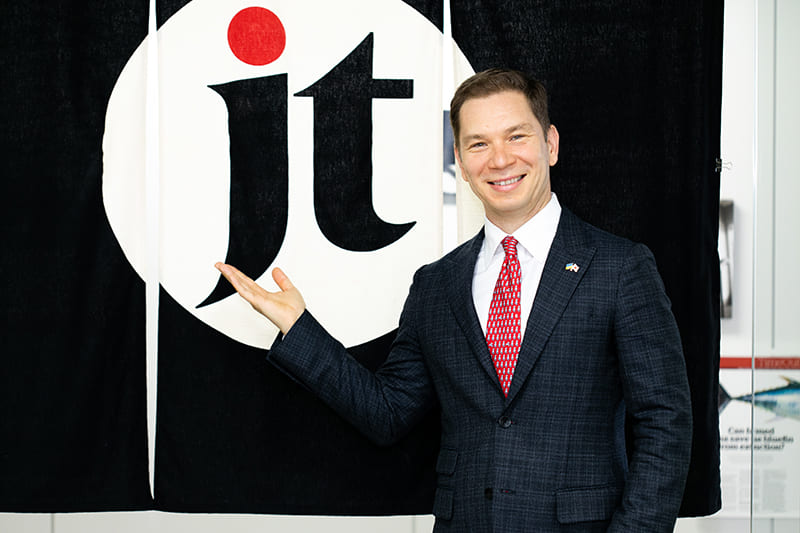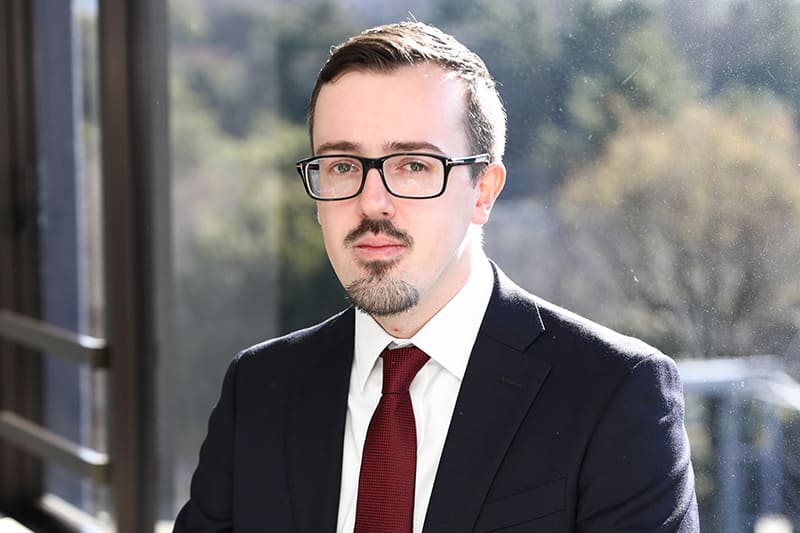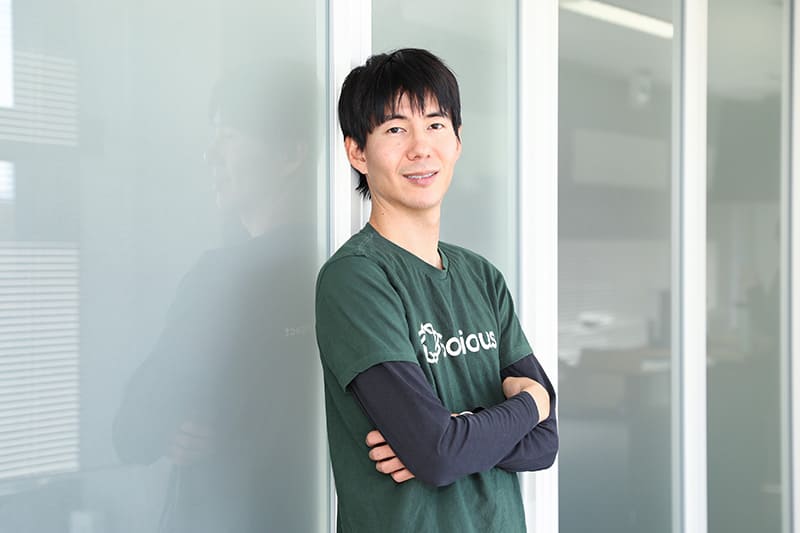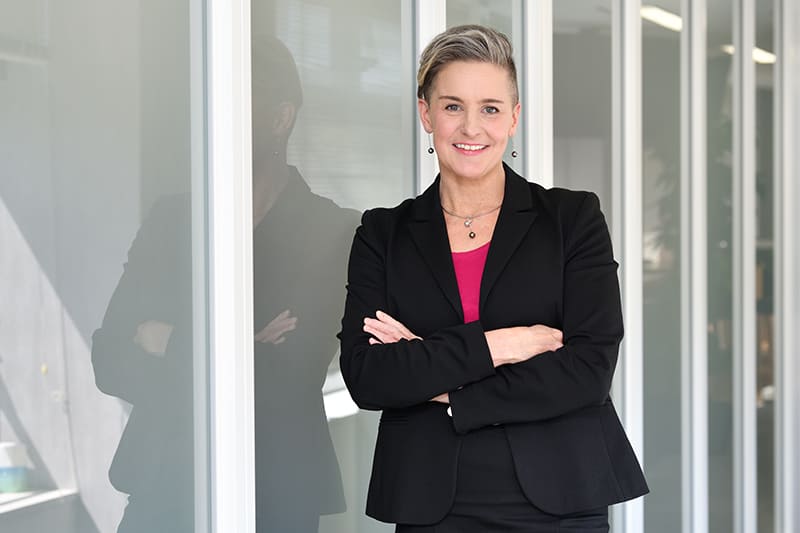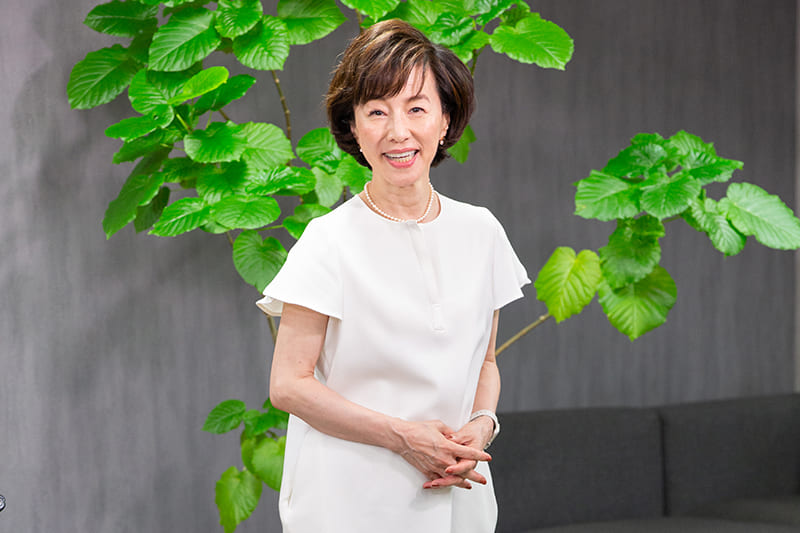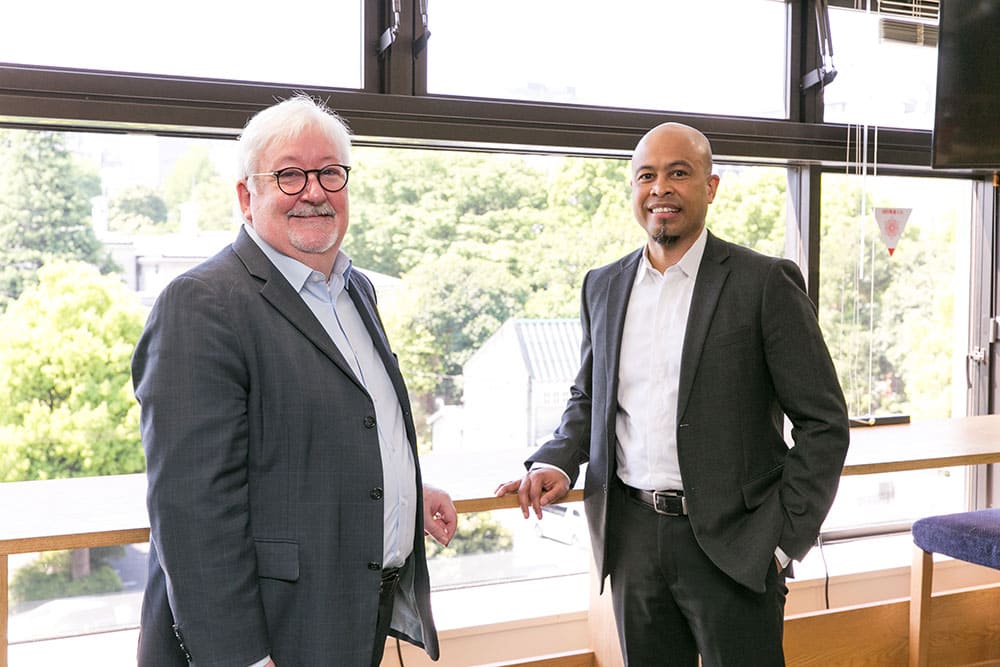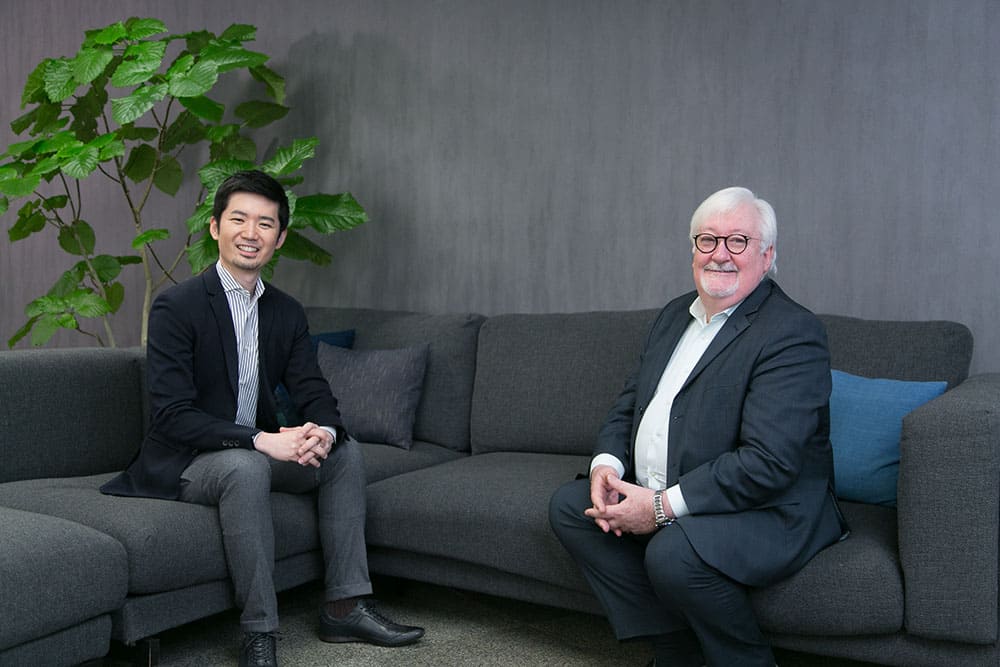July 21, 2023
No exceptions to equality: lawyer Alexander Dmitrenko
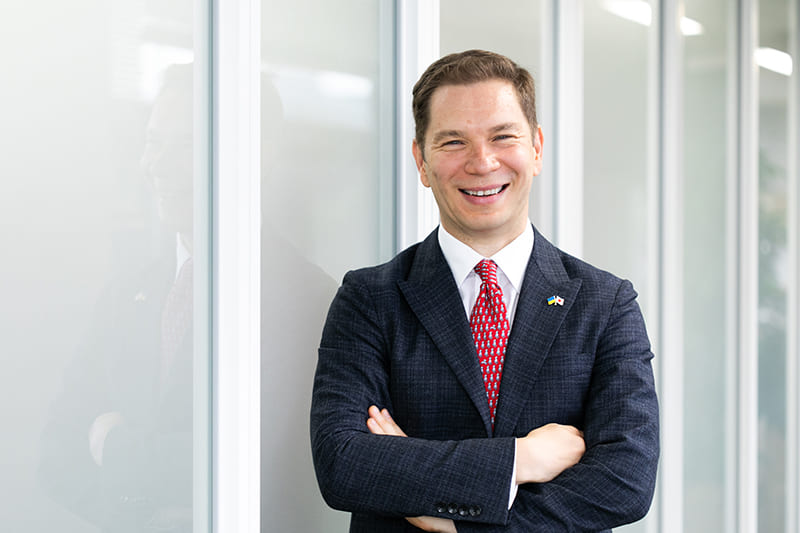
Growing up as a Ukrainian during the collapse of the former Soviet Union, Alexander Dmitrenko sensed an air of freedom and hope for a better future for Russians and the citizens of the former Soviet countries. This sense of freedom inspired him to become a lawyer, believing it would be the ideal discipline to make a difference in the fight for human rights. This led him on a journey working in law firms in New York and on pioneering marriage equality cases in Canada. Now a partner with the international law firm Ashurst in Tokyo, Dmitrenko has brought his fight for marriage equality and LGBT rights to Japan, an issue that both is important to him from a human rights perspective and also is deeply personal to him as a gay man.
Dmitrenko took time out of his busy schedule to sit down with Ross Rowbury for The Japan Times Roundtable’s 31st incarnation to discuss his multifaceted roles in the gay rights area, the progress being made on LGBT issues and what motivates him in his work.
Using law to change the world
“In Ukraine, I had done well academically, and I wanted to go to the United States to gain foreign experience,” Dmitrenko began. “I left on a program under the Freedom Support Act, which supports future leaders. After living overseas, I didn’t really want to go back home, mainly because I was a gay man, and that was because it hasn’t changed for Russia — it’s changing for Ukraine, slowly. But in Russia, it feels dangerous to be a gay man. I felt I couldn’t really have a career there as a lawyer or achieve the things I have.”
Dmitrenko explained that many gay professionals in Russia would marry and have kids and live a double life, just to be able to succeed. “That wasn’t an option for me — I wanted to be honest to myself, I wanted to fully contribute to society without hiding.” Determined to have a career overseas, he began working at a large law firm in New York. “[As] anyone who starts out as a lawyer at a big firm knows, the first couple of years are not glamorous,” he said. “You begin working in some of the most mind-numbing tasks, and I just thought, ‘This can’t be my life.’”
While working in “big law” was not easy, Dmitrenko felt that the experience was great training for the future. “In order to work in big law, you need to focus narrowly. I don’t have a narrow personality — I wanted to utilize my skill set and languages, I didn’t want to be in a box.” When a friend from the international trading and development company Sojitz Corp. suggested that Dmitrenko would be perfect for its Tokyo office, he jumped at the opportunity. “Wow, this is quite phenomenal,” Dmintrenko recalled thinking when he first arrived in Japan. “That was over 15 years ago, and I’m really quite happy here.”
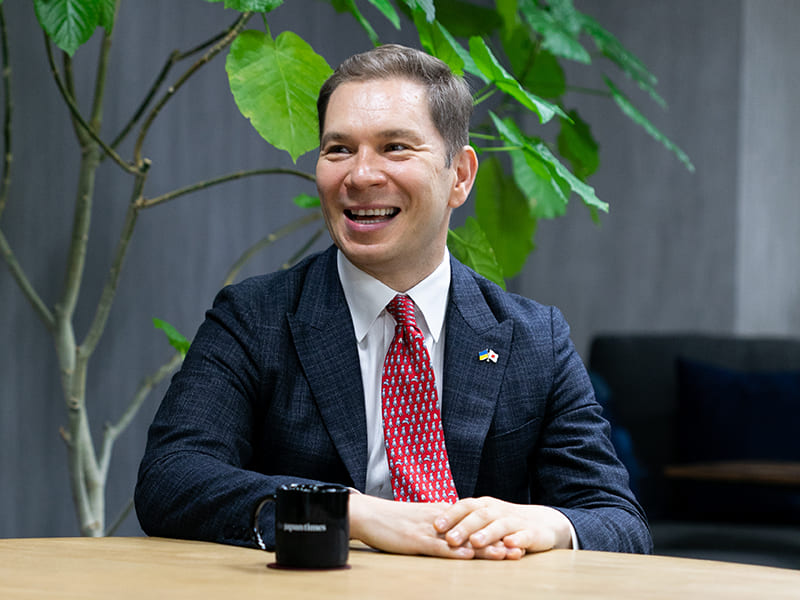
A ‘pull’ for gay rights
Following his experience in helping litigate Canada’s first successful gay marriage case and having worked for marriage equality and LGBT rights in New York, Dmitrenko arrived in Japan to find a legal landscape largely lacking in terms of LGBT rights and quickly set about co-founding the Lawyers for LGBT and Allies Network. “LLAN is one of the most visible NPOs for ‘lawyers-plus,’ and we were one of the first organizations here to put marriage equality on the agenda,” he said. “Seven years ago, when we started, you wouldn’t have heard anything about marriage equality, but it’s nice to see that it’s really on the agenda now and it’s come a long way. It’s not really a ‘push’ for gay rights, it is more a ‘pull’ as Japan looks out to see where the U.S. and Western Europe are in terms of marriage equality, and we can pull Japan in that direction.”
Rowbury and Dmitrenko reflected on how Japanese society can be very accepting, but it is often an acceptance within a framework of playing by the rules of societal expectations, and on how to change those rules. Dmitrenko said, “The acceptance levels of marriage equality in Japan are phenomenal — polls indicate that there is over 70% support for gay marriage.” This compares to only 50% support in the United States when the Supreme Court ruled in favor of marriage equality over a decade ago.
Despite the slow pace of change from both governments and the courts, corporate Japan has taken up the cause of marriage equality and is now leading the government on the issue. “There is a business case for equality,” Dmitrenko insisted. “Gay and lesbian people will work better, will stay in Japan, will come to Japan, and Japan will be more competitive globally. What’s important is your skill set, and you can’t compete fully in the workforce if you are hiding something.”
Where are we now?
Dmitrenko highlighted the five marriage equality cases so far, with courts essentially ruling in all five that denying marriage equality is unconstitutional. This mirrors the opinion of the lawyers at the Japanese Federation Bar Association, who agree that the wording of the Japanese Constitution essentially requires marriage equality. “The articles in question emphasize the consent and equal rights of two people getting married.” Dmitrenko explained — “it doesn’t require a couple to be of opposite sexes.”
Rowbury asked if there is a danger that rushing ahead with legislation before society is ready, if it might lead to discrimination despite the changes in the law, similar to the experiences that racial minorities have faced after laws against discrimination were passed. Dmitrenko disagreed: “Equality isn’t manufactured. People deserve equality now.” He told of his own experiences of wanting to visit his mother in critical condition in the hospital with his partner, but the doctor insisted on referring to his partner as a “friend” and refused to let his partner in because only family members were allowed visitation.
d constantly being referred to as a “friend.” “A marriage certificate isn’t just a piece of paper, it gives that person rights, rights that are taken for granted by married couples.”
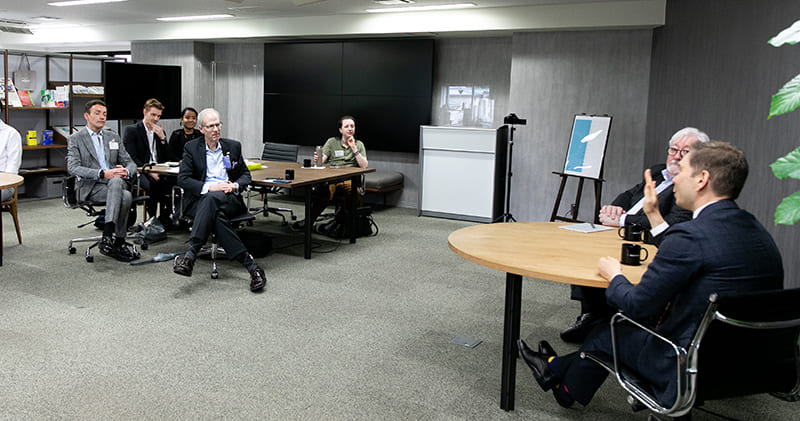
Life in Japan
Along with his work with LLAN, Dmitrenko is also the chairperson of TELL, a nonprofit mental health organization that serves Japan’s international community. “TELL has two main pillars, the call center and counseling, and what we have found is that up to 25% of callers to our lifeline had LGBT issues,” he explained. “It may not be the issue that prompted them to call, but when you combine it with another issue, it becomes too much, especially when your relationship has no recognition at all.”
Being so engaged in his adopted country, Dmitrenko likes to take time to gauge how far along the journey he is to becoming accepted by the Japanese community. Having recently been made the tourism ambassador for the island of Hachijojima, which he calls the most beautiful place in the world, he thinks he has come pretty far. How does he have time to fit it all in? “I’m a Gemini. We Geminis have two personalities, so that helps us to accomplish quite a bit.”
